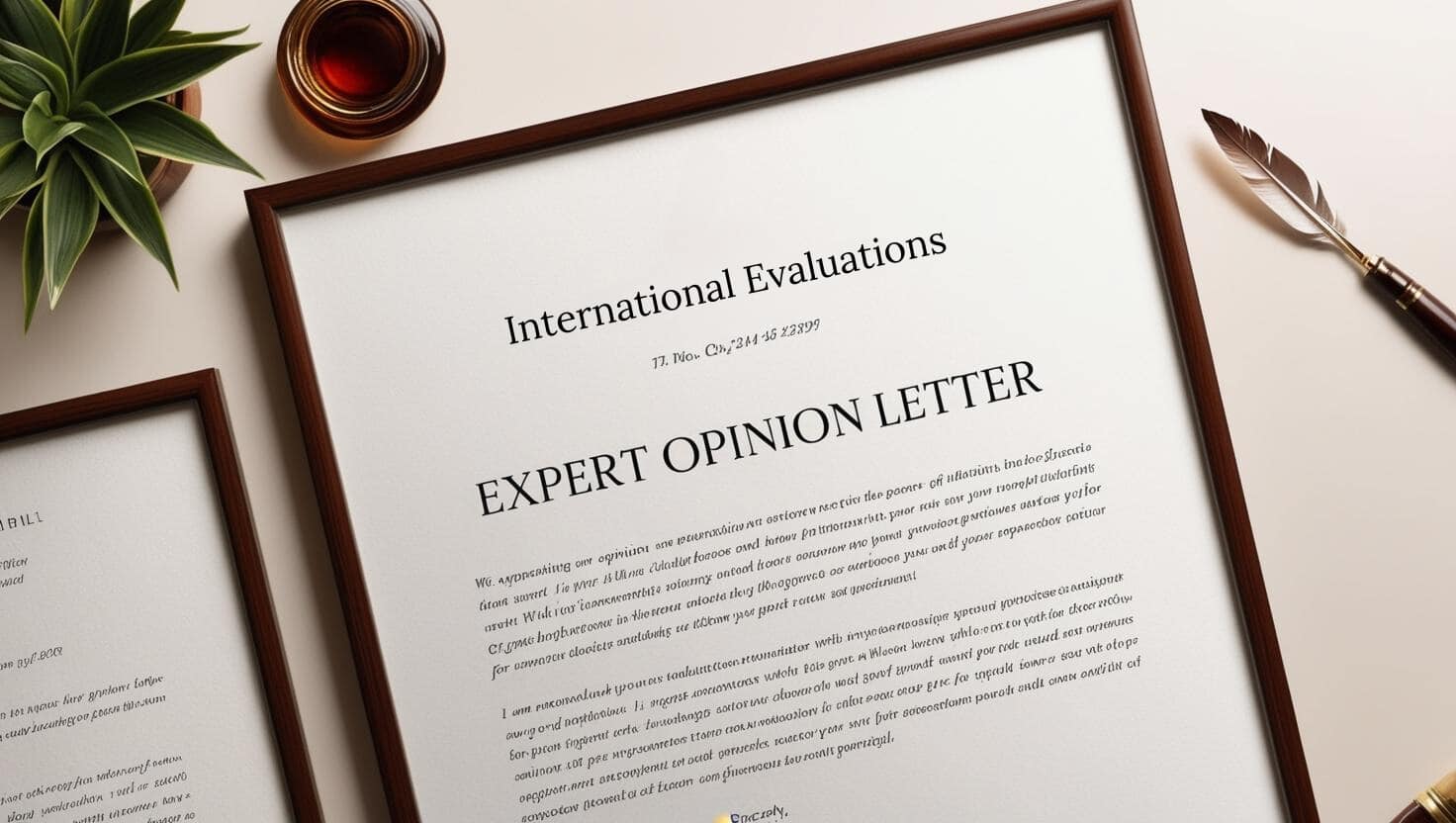Introduction
In today's globalized world, higher education qualifications are progressively valued across national boundaries. Several people seek to further their careers or go after instructional possibilities in different countries, requiring an extensive understanding of their academic credentials. This is where international credential examination services entered into play, helping both people and institutions in verifying the authenticity and similarity of foreign academic credentials.
Among the different methods of credential assessment, the course-by-course credential evaluation stands apart as a careful technique that supplies an in-depth evaluation of a person's educational records. This write-up will explore the subtleties of course-by-course examinations, outlining what they require, why they are essential, and exactly how they can impact one's job trajectory.
What is Course‑by‑Course Credential Evaluation?
Definition and Purpose
A course-by-course credential evaluation involves a detailed evaluation of each program noted on a scholastic transcript. This evaluation not only translates grades and credit scores but also assesses the content and roughness of each program taken by the trainee. The main objective is to determine exactly how these training courses straighten with instructional requirements in one more country.
Importance of Course‑by‑Course Evaluations
Why is it https://internationalevaluations.com/work-experience-evaluation/ important to perform a course-by-course examination? For individuals preparing to study or function abroad, this type of assessment can supply important understandings into how their previous scholastic experiences equate in a new context. It helps establishments in making informed decisions regarding admissions, working with, or licensure.
The Process of Course‑by‑Course Credential Evaluation
Step 1: Document Collection
The first step in any academic credential evaluation process is accumulating essential documents. This usually consists of:
- Official transcripts Degree certificates Course curricula (if offered)
Having these records ready simplifies the assessment process.
Step 2: Review and Analysis
Once papers are accumulated, evaluators thoroughly review them for credibility and completeness. Each course is assessed based upon a number of standards:

- Credit Hours: The number of credit reports were assigned to every course? Grades: What grades were achieved? Course Web content: What subjects were covered?
Step 3: Contrast with Regional Standards
After complete evaluation, evaluators contrast the training courses against neighborhood instructional criteria. They might reference sources such as:
- National databases Accreditation bodies Institutional guidelines
This comparison assists establish similarity degrees for each and every course.
Step 4: Record Generation
Finally, evaluators assemble their findings right into a comprehensive report that outlines:
Total credit ratings earned. Equivalent training courses at local institutions. Grading ranges comparisons.This report works as an official document that can be offered to institutions or employers.
Benefits of Course‑by‑Course Credential Evaluations
Enhanced Recognizing of Academic Background
One key benefit is that pupils gain quality on exactly how their global education and learning straightens with local expectations. This understanding outfits them for much better decision-making worrying refresher courses or job applications.
Increased Employability
Many companies require prospects to have actually evaluated qualifications when considering applicants from abroad. A positive examination can significantly enhance employability prospects.
Facilitates Admission to Educational Programs
For trainees desiring to sign up in degree programs, having a detailed analysis aids institutions examine whether candidates satisfy access requirements extra effectively.
Work Experience Examination vs. Course-by-Course Credential Evaluation
What is Job Experience Evaluation?
A work experience evaluation focuses on examining specialist experiences rather than scholastic success. It checks out skills acquired through work instead of formal education.
Key Distinctions Between Evaluations
|Feature|Course-by-Course Credential Assessment|Job Experience Evaluation|| ---------------------------|---------------------------------------|----------------------------|| Emphasis|Academic programs|Professional experience|| Paperwork Required|Records and syllabi|Work letters|| End result|Academic similarity|Skill recognition|
Understanding these distinctions aids people in picking which sort of assessment fits their requirements best.
Expert Viewpoint Letters
Importance of Professional Viewpoint Letters
An expert opinion letter function as an extra layer of recognition for analyses, specifically when distinct circumstances occur-- like unaccredited establishments or non-traditional instructional experiences.
How They Are Used
These letters can support applications by giving understandings from specialists who assess certifications based upon market requirements or particular institutional requirements.
Common Mistaken beliefs Concerning Credential Evaluations
Myth 1: All Analyses Are Developed Equal
Not all examinations hold the exact same weight; various companies have varying methodologies and approval prices among institutions.
Myth 2: Only Degrees Matter
While levels are essential, several employers value skills gotten through job experience similarly-- and this highlights the significance of job experience analyses alongside academic assessments.
FAQs Regarding Course‑by‑Course Credential Evaluation
What papers do I need for a course-by-course credential evaluation?- You commonly require official records, level certifications, and perhaps training course curricula if available.
- The duration varies by company yet typically ranges from a couple of weeks to numerous months depending upon complexity.
- Yes! The majority of employers acknowledge reviewed qualifications when making hiring decisions.
- Generally talking, yes; due to its in-depth nature and thorough analysis.
- Not all; it's crucial to inspect particular institutional needs prior to applying.
- It's finest to clear up any discrepancies with your organization before submission; critics might flag variances influencing your assessment.
The Function of Various Stakeholders in Credential Evaluation
Educational Institutions
Institutions rely on accurate assessments to admit eligible prospects while ensuring compliance with certification standards.
Employers
Employers make use of evaluations to confirm possible hires' certifications precisely-- improving depend on throughout employment processes.
Government Bodies
Some federal government agencies call for credential evaluations for immigration objectives; thus playing an important role in global mobility.
Conclusion
In recap, browsing the intricacies surrounding worldwide education calls for detailed understanding and know-how-- both discovered within the realm of credential evaluations particularly focused on programs taken throughout one's academic journey. A course-by-course credential evaluation not only illuminates private achievements yet likewise promotes opportunities across boundaries through boosted employability and educational access.

As globalization proceeds forming our globe, spending time right into understanding these nuances can prove very useful for those looking toward global horizons-- whether academically or professionally oriented! Always remember that you have choices offered-- so make notified decisions concerning your future!
